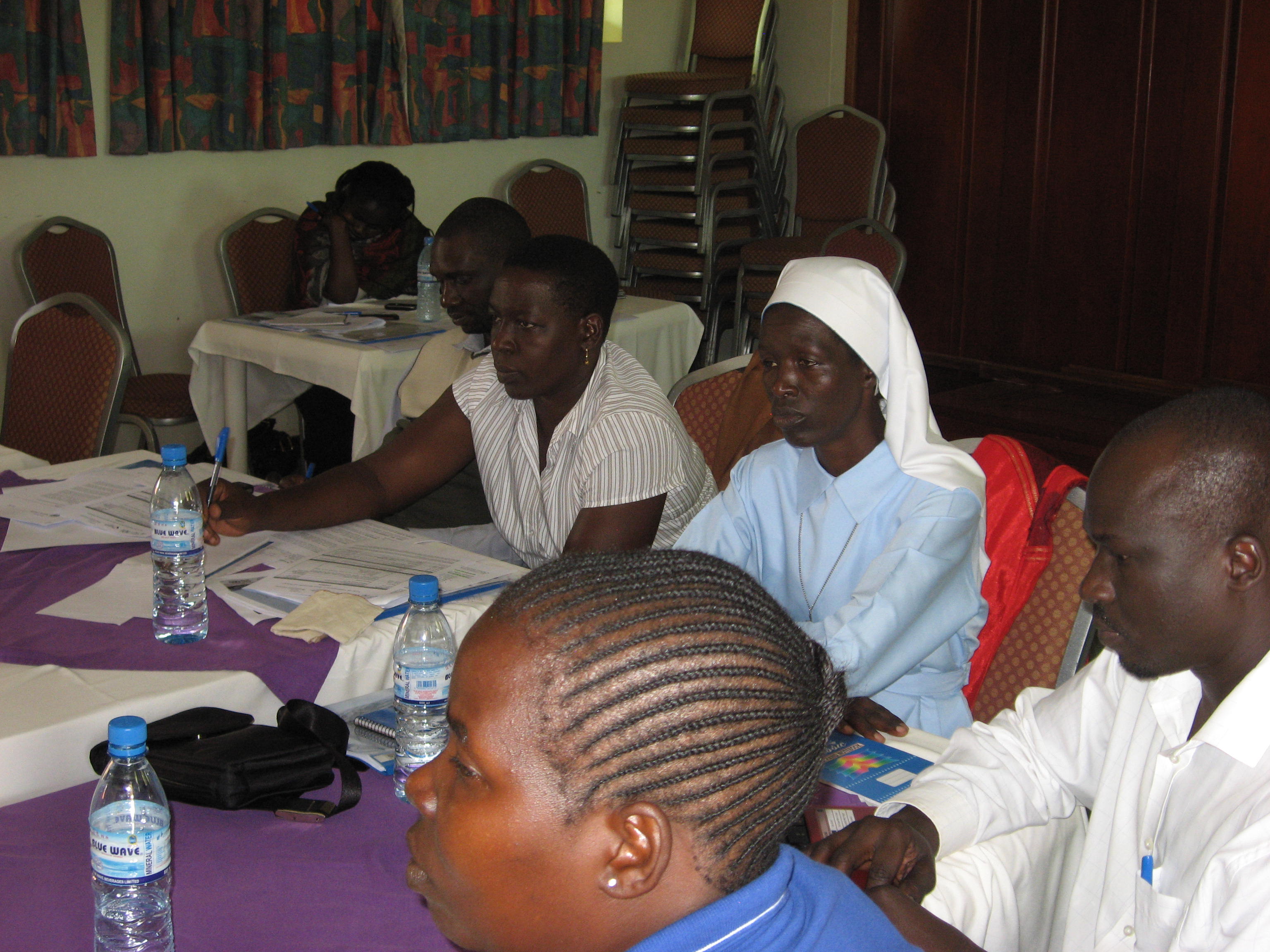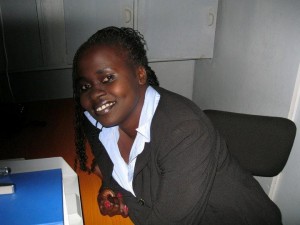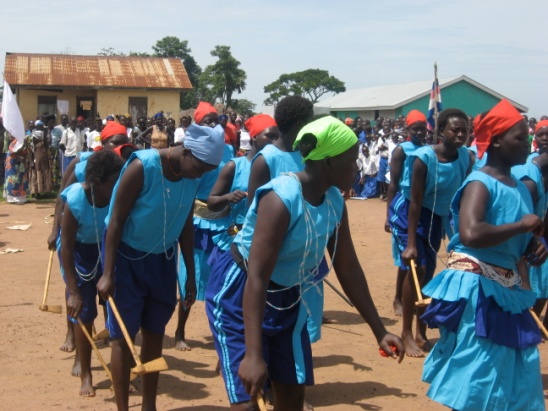“Curbing violence against women is everyone’s task,” Daily Monitor, 1 November 2010
http://www.monitor.co.ug/OpEd/Commentary/-/689364/1044056/-/13u0io8z/-/index.html
By Lino Owor Ogora
I read with interest a press release by MIFUMI, a renowned women activist organisation, in Daily Monitor of October 27. MIFUMI accused the Police of further victimising women who take steps to defend themselves when confronted with sexual and domestic violence.
Some of these women went as far as killing their perpetrators. While MIFUMI’s concern is genuine regarding the fact that perpetrators of domestic and sexual violence are often not brought to book, while their victims are victimised through detention, I think they missed the point regarding the role of the Police.
Furthermore, the examples used in this press release may not be necessarily suitable as examples in the fight against domestic violence. There was the example of a woman called Koriang who allegedly shot and killed her husband with 30 rounds of ammunition as he slept.
Another example they used was of a woman called Mbabazi who sent a radio announcement claiming she had died yet in actual fact, she was alive. In another controversial example, they sympathised with a woman called Nuuru Namatovu, who buried baby dolls and was arrested by police on allegations of giving false information.
Another example used, and one I would sympathise with, is of a 14-year-old girl called Mpigiki, who killed a 40-year-old man who attempted to defile her. As expected of them, even in the case of Mpagiki, the Police responded in all the above situations and did what the law required of them – to arrest the suspects, detain them and wait for court to determine their destiny.
The Police acted responsibly and within the law. In the wake of a serious crime such as murder or manslaughter, the fact remains that the perpetrator is considered a killer first, before the facts and circumstances under which the crime was committed are analysed.
In the case of Koriang, the fact remains that she killed her husband using a gun and 30 rounds of ammunition. In analysing her case, the first and most obvious fact is that she is a killer. On further analysis, she was driven to the limits to do so because she could not stomach her husband’s abuse any longer. What did MIFUMI, therefore, expect the Police to do? To pick her up and deliver her to FIDA offices for counselling? Did her husband have to pay with his life?
While I agree that there is need to address the root causes of violence against women, I do not agree with MIFUMI’s allegation that the Police are victimising women who are in trouble with the law by detaining them.
The Police are doing their job by arresting them in the wake of a crime. Rather than blame the Police for ‘doing their work’, and doing it well at that, MIFUMI should intensify the campaign for ending violence against women, in which most peace-loving Ugandans like myself, would gladly join. MIFUMI should sensitise men regarding the fact that times have changed and it is no longer fashionable to batter a woman to prove your manhood.
MIFUMI should also sensitise both women and men to let them know the legal steps they can take in case they are victims of gender violence, and the channels through which they can seek redress, rather than resorting to violence. Finally, MIFUMI should intensify efforts to change existing laws rather than sending out misguiding press releases to the media.
Mr Ogora is a team leader of research and advocacy, Justice and Reconciliation Project, Gulu
ogoralino@gmail.com








